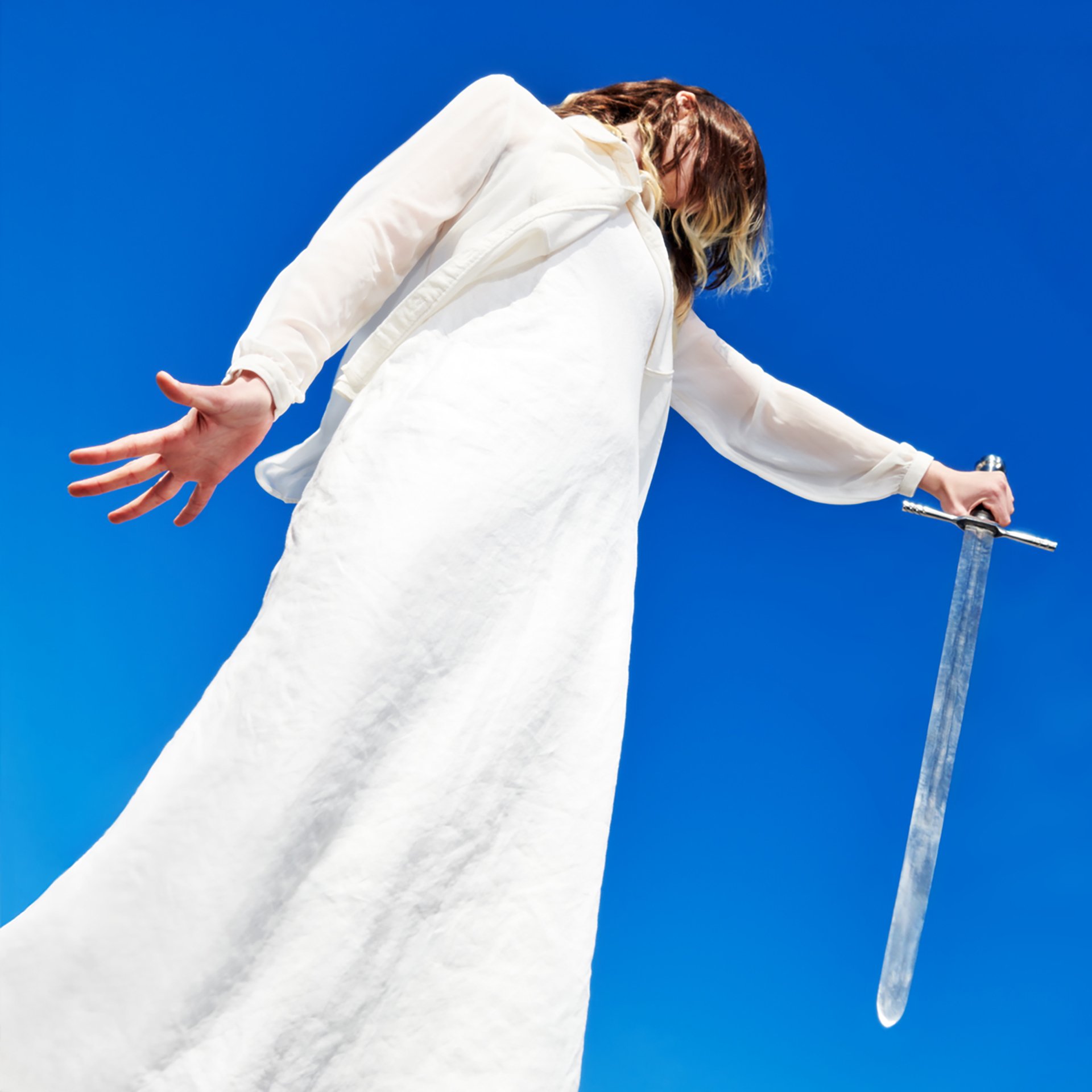Welcome to Random Explanations, in which I try to explain a matter, answer a question, or concoct a theory based on a suggestion. On this day (January 26), Pope Pius IV issued the papal bull "Benedictus Deus" which rendered official all the decisions made in the Council of Trent. It is also Super Bowl week. And so: Explain the Council of Trent using an example from the present day NFL. As a disclaimer, I should point out that I come from a Protestant background, but have a lot of respect for the Catholic Church.
The Super Bowl is basically America's Pop High Holy Day. It's the pinnacle of everything this country loves: sport, commercialism, eating, and talking animals. So it's not too much of a stretch to draw a comparison between religion and the NFL's grand finale.
Let's just get right to the answer: it's NFL Commissioner Roger Goodell. It would be fun to try fit Ballghazi into the scheme of things and craft a narrative in which Andrew Luck and the Colts represent the Protestant Reformation on the rise, but not at the peak of its powers at the time of the Council of Trent, but it's a stretch (well, maybe...no, we're going with Goodell).
Roger Goodell is the most powerful man in professional football. He sits atop the power structure that determines who is in and who is out. The buck stops with him concerning whether to suspend players for weeks for violating the league's policy concerning marijuana or give a two game suspension for domestic assault. Or turn around and change that latter suspension when everyone declares it to be a horrible decision. The point is: he is the Man. If you run afoul of what Goodell believes disgraces the Shield (that's a real thing that he talks about), he can excommunicate you.
Ostensibly an ecumenical council, the Council of Trent fell short of that ideal by not actually allowing Protestants to be voting members (even though at the time, they still considered themselves to be a part of the same church as their Catholic brethren). In Benedictus Deus, Pope Pius IV made it clear that if you interpreted the ways of the church in a way that ran afoul of what papal authority believed went against the church, you would get excommunicated.
These decisions were a long time coming. The Protestant Reformation sent shockwaves through Western Christianity. The words and actions of Luther, Zwingli, Calvin, and others issued a challenge to which the Catholic Church had to respond. As such, Trent was the culmination of the Catholic Counter-Reformation. It was the movement's Super Bowl and Benedictus Deus was Pius IV presenting the Lombardi Trophy to the Catholic Church (that illustration got weird really fast).
Let me balance this out a bit. This was not a strictly black and white issue. Did the Catholic Church need reforming? Absolutely. Was everyone in the Roman church corrupt? Far from it. Were the Protestants right about everything? Nope. And to its credit, the Council of Trent did seek to address some of the concerns of corruption raised by the Protestant Reformation. It is similar to the way in which the NFL is trying address its problematic issues from domestic violence to player safety resulting from concussions.
But it is difficult for extremely powerful organizations to right themselves. Especially rich, powerful organizations that provide a service that people desire (football entertainment or spirituality) to the point that they are willing to look past a myriad of problems. It is difficult for immensely powerful institutions to make all of the reformations that need to be made of its own volition. You can't really count on a committee hired by the NFL to speak truth to power. In the same way, it's hard for a church committee to tell its parent church that difficult changes must be made (this is true even at the local level in all denominations). Trent would have been more successful if Protestant leaders were invited to openly share their concerns.
This is why the idea of semper reformandum (meaning "always reforming") is so important. Institutions, whether they be the NFL or the church (especially the church) should be proactive rather than reactive in seeking ways to become healthier, more ethical bodies. We must always reform, which requires humility, hard truths, and listening to those out on the margins.
I hope all of that made sense. In the end, the Council of Trent was a powerful institution trying to right its ship while still trying holding on to every ounce of power that it could. And as a result, Roger Goodell and the NFL are a good present day point of comparison.
If you would like to ask a question for a future Random Explanation, you can ask me here or on Twitter.






